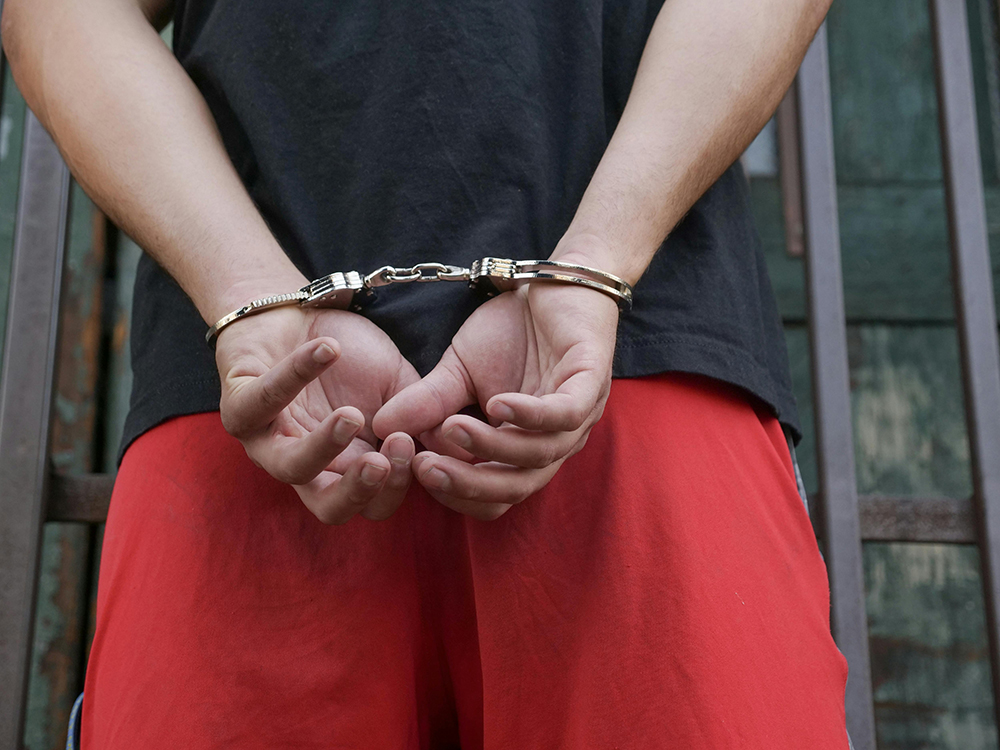Hate crimes are severe offenses motivated by bias or prejudice against specific characteristics, such as race, religion or sexual orientation. These crimes are especially damaging because they extend beyond the victim, intimidating entire families or communities. Understanding what constitutes a hate crime is crucial for legal defense.
What Is a Hate Crime?
Hate crimes reflect broader societal issues around bigotry and discrimination. They occur when someone carries out an illegal act targeting distinctive, legally defined traits:
- Race or color
- Religion
- National origin
- Sexual orientation
- Gender or gender identity
- Physical or mental disability
The defining element of a hate crime is the perpetrator’s motivation, which is a bias against the victim’s identity in one or more of these categories. In this legal context, “hate” refers to prejudice rather than emotions like anger or rage.
Examples of Hate Crimes
Hate crimes can manifest in numerous ways, depending on the nature of the offense and the underlying motive.
- Aggravated assault: Physically attacking someone from a specific, usually marginalized group.
- Murder: Homicidal acts driven by bias against a protected characteristic of the victim.
- Arson: Setting property ablaze with the intent to terrorize a specific community, such as burning mosques, synagogues or churches.
- Vandalism: Defacing properties with symbols or messages that convey hate, like swastikas or racist slurs.
- Threats: Communicating threats to commit violence against a person or group based on their identity.
- Conspiracy: Planning with others to commit any of the above crimes, even if the plot does not successfully come together.
Legal Definition of Hate Crimes in California
California’s approach to prosecuting and penalizing hate crimes involves two specific penal codes – 422.6 and 422.7.
Penal Code 422.6
PC 422.6 classifies hate-motivated actions as stand-alone crimes. Under this statute, you can be charged with a hate crime even if you do not commit any other illegal activities. Typically, hate crimes under PC 422.6 are misdemeanors.
Penal Code 422.7
Under PC 422.7, a judge can elevate a misdemeanor committed with a bias motivation to a felony. This enhancement reflects the grievous nature of hate-driven offenses and their broader impact on community safety and cohesion.
For example, misdemeanor vandalism, such as graffiti on a public building, escalates to a felony if the act involves hate symbols targeting specific groups. Similarly, an assault that might ordinarily be a misdemeanor can become a felony if a judge determines that there was prejudice behind the act.
Additionally, if the base offense is already a felony, adding a hate crime charge under PC 422.7 can influence sentencing guidelines, potentially leading to longer prison terms based on the severity and implications of the motive.
California Hate Crime Criminal Defense Attorney
Hate crime accusations are consequential, given the potential for severe penalties and the public stigma associated with these charges. Here’s how Ronald Brower can help.
- Case assessment: Analyze the evidence and circumstances surrounding the accusation to determine the validity of the hate crime enhancement.
- Defense strategy: Develop a robust defense strategy that may involve challenging the alleged reason behind the act. For example, this could include demonstrating that the incident resulted from a misunderstanding.
- Negotiation: Work with prosecutors to negotiate lesser charges, especially in cases where the evidence of bias is flimsy or questionable.
- Trial representation: Protect your rights in court and ensure the judge and jury understand your case’s complexities.
The legal, personal and professional stakes could not be higher in criminal cases related to hate crimes. Contact us today for experienced legal representation if you face these allegations. Brower Law provides comprehensive legal defense services that respect the nuances of hate crime legislation and protect our clients’ rights and futures.

